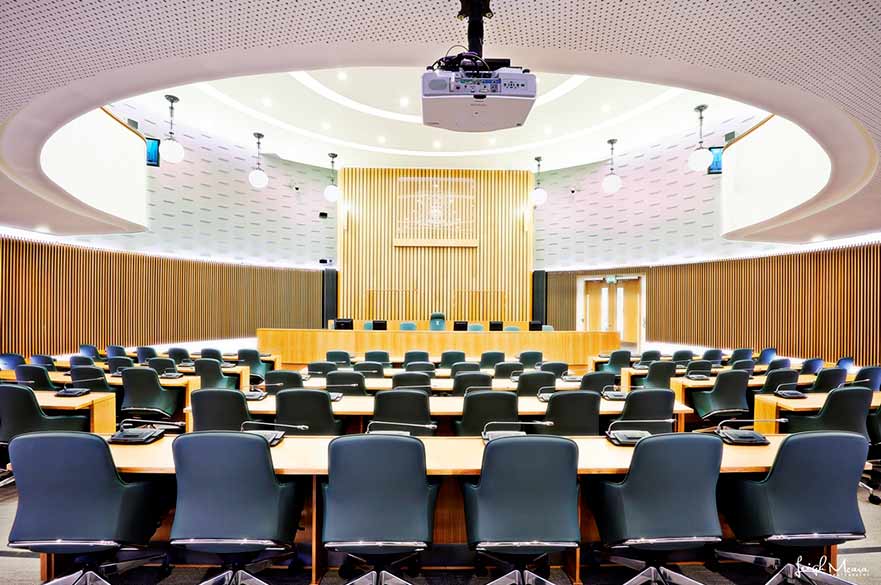Councillors are set consider the recommendations of an Independent Remuneration Panel (IRP) at a meeting due to be held next week.
Councillors are required by law to have regard for the recommendations of an IRP when voting on the level of allowances they receive. The Independent Panel have undertaken a period of research before forming its recommendations and presenting its report to Council.
The Independent Panel are proposing an increase from £10,076 per year to £11,523 to the Basic Allowance that all councillors receive. Further recommendations have been made in relation to the level of allowances for councillors with special responsibilities and the amount that can be claimed by those with caring responsibilities.
The last significant changes to the Councillors’ Allowances and Expenses Scheme were made in 2009. Since then, recommendations of the IRP to increase the level of allowances councillors received have been rejected or deferred when presented to Council.
The Independent Panel felt that failure to increase the level of Basic Allowance over the preceding ten-year period had resulted in councillors in Derby being under-remunerated for the important and often challenging public duties they undertake.
In addition, the Panel felt that if left unaddressed, comparatively low levels of remuneration would have a debilitating impact on the quality and diversity of elected representation for residents in Derby.
A 2017 report of the Local Government Commission found that on average councillors spent 25 hours per week dedicated to their duties. Based on the current Basic Allowance in Derby this equates to approximately £7.75 per hour.
In forming its recommendations, the IRP considered several factors, including data from councils of similar size and spending power; the rate of inflation over the previous ten years; and, increases in pay for public sector employees over the same period.
Mr Narinder Sharma, Chair of the Independent Remuneration Panel said:
The IRP has met throughout 2020-21, interviewing stakeholders and reviewing information related to the vitally important role fulfilled by locally elected councillors.
Having considered the evidence, the Panel was concerned that no significant change to the rates at which councillors are remunerated has been made for over ten years and that Derby risked falling behind councils of similar size and stature.
Public service must remain a viable option for people from a variety of backgrounds, so that the membership of the Council reflects the diversity of the city at large.
The recommendations contained within our report seek to recognise the difference between public service and employment, whilst ensuring candidates of the highest calibre are attracted to seek elected office in Derby.
In total, the Independent Panel has made 13 recommendations. The recommendations and report are available to view in full on the Derby City Council Democracy Portal.
Councillors are set to vote on the proposals at a meeting to be held at 6.00pm on Wednesday 21st July.
